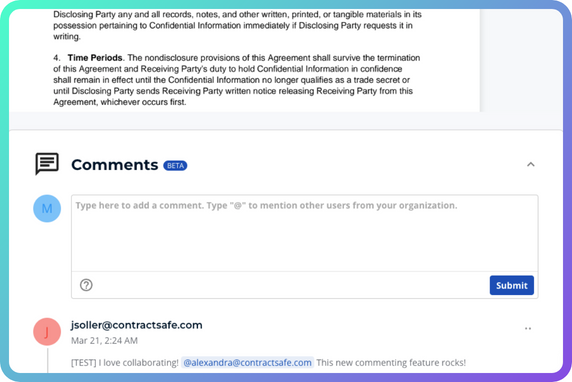What is an executed contract?
There are two meanings that can be applied to the term “executed contract,” depending on the context in which it is used. First, when all parties have fully performed all the obligations of the agreement, the contract is said to have been executed. An executed contract also refers to a contract that has been signed by all the parties necessary to make it legally enforceable. Ensuring that a contract is properly executed raises several issues:
- Who should sign the contract? When individuals enter into a contract, they generally must sign it (there are exceptions to this rule). But sometimes businesses and other legal entities enter into contracts, which adds a complicating factor. It is essential to ensure that the person signing the contract on behalf of an entity has the authority to do so.
- How should the signing of the contract be handled? Sometimes, it’s possible to get everyone in one room to sign the contract. The benefit of that procedure is that everyone is present to hash out any last-minute details. But it’s not always practical. Parties to a contract may be spread around the country. In that case, there are several possibilities. One is to have a party sign the contract and mail it on to the next person. This is time-consuming and generally not favored by attorneys. One response is to have a provision in the contract allowing each party to sign a separate signature sheet and send it in. And as a result of technological advances, Congress passed the U.S. Electronic Signatures in Global and National Commerce Act (ESIGN) which, along with numerous state laws, allows for digital signatures on contracts.
Get Started with ContractSafe Today





